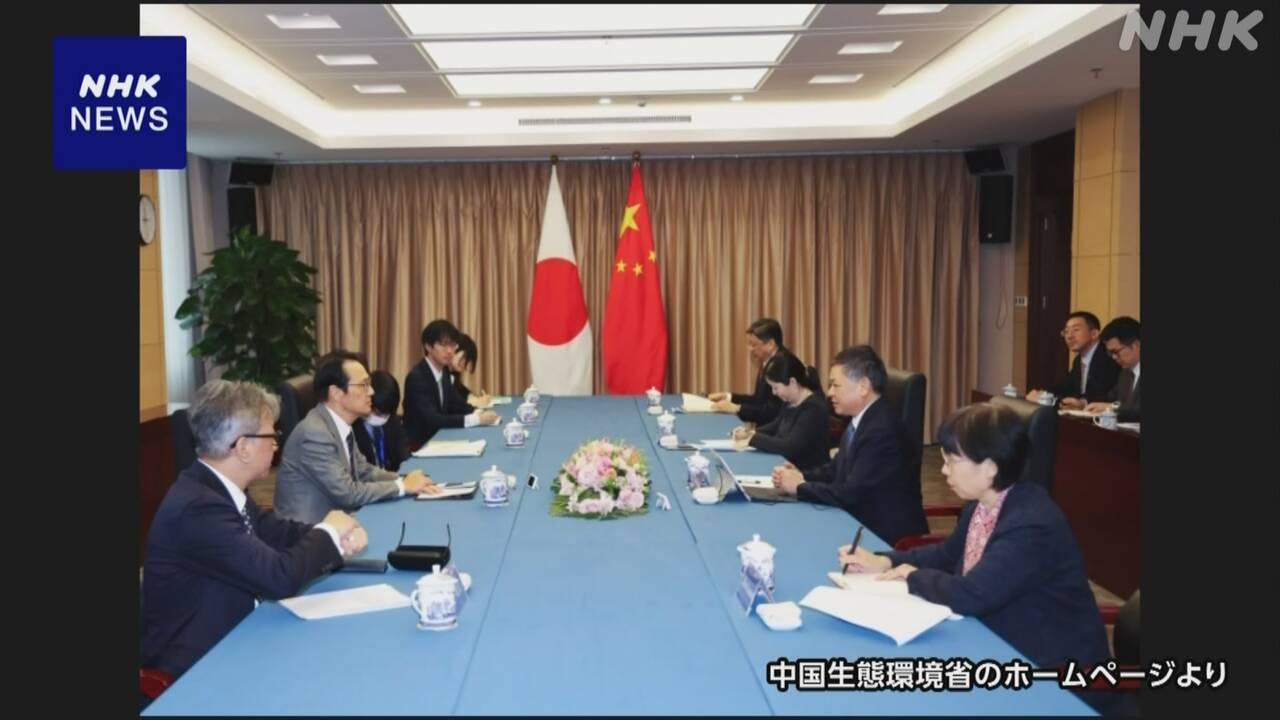The 24th marks six months since China announced that it would suspend imports of Japanese marine products due to the release of treated water from the Fukushima Daiichi Nuclear Power Plant into the ocean.
The Japanese government has called for the immediate lifting of the restrictions, but the Chinese side has not shown any willingness to respond, and some experts believe that the restrictions will be prolonged.
The Chinese government strongly objected to the release of treated water accumulating at Tokyo Electric Power Company's Fukushima Daiichi nuclear power plant, calling it "nuclear contaminated water," and announced in August last year that it would completely suspend imports of Japanese marine products.
The Japanese government is calling for the immediate repeal of the regulations, saying they are not based on scientific evidence, and on the 20th of this month, Ambassador Kenji Kanasugi to China met with Minister of Ecology and Environment Huang Runqiu, He emphasized the importance of discussion from a point of view.
In response, China is requesting the establishment of an international monitoring system in which Japan's neighboring countries will also participate, and has not shown any willingness to lift the import suspension measures.
Professor Ichiro Koroki of Kanda University of International Studies, who is an expert on Chinese politics and society, analyzes this stance on the Chinese side as having diplomatic and strategic considerations.
Professor Koro cited China's strong opposition to Japan's strict export control of cutting-edge semiconductor manufacturing equipment as an example, saying, ``We are using the suspension of imports of marine products as a negotiation card to request relaxation from Japan. ``There is a possibility that they will take advantage of this, so they will not let go of it so easily,'' he said, indicating the view that the regulations will be prolonged.
There are also voices of expectation among Chinese citizens that imports of Japanese marine products will resume.
After the release of treated water from the Fukushima Daiichi nuclear power plant into the ocean, Chinese citizens initially began to refrain from consuming seafood out of a sense of caution, but consumption has recently returned.
The Japanese conveyor belt sushi chain's store, which opened last month in the capital Beijing, has become so popular that there are long lines, with wait times sometimes reaching three hours on weekends.
People who came for the meal said, ``I'm a little concerned about the release of treated water, but it's not enough to affect my ability to eat seafood,'' and ``If it was really a problem, it would have been a problem in Japan for a long time, but that doesn't mean it isn't.'' I'm sure it's safe.'' I heard people say.
At one point, sales at an izakaya serving Japanese seafood in central Shanghai reportedly fell by about 90%.
However, after putting more effort into advertising on social media so that people could eat with peace of mind, customers gradually began to return around November last year.
Customers who visited expressed their hopes for the resumption of imports of Japanese marine products, such as, ``If I want to call it Japanese seafood, I want to eat authentic seafood,'' and ``If imports are resumed, I would be happy to eat them.'' Ta.
Akihiko Iwasaki, an izakaya owner, said, ``Chinese citizens are not turning away from seafood.We want to quickly convey the deliciousness of Japanese fish to Chinese customers,'' expressing his hope that imports will resume. .

